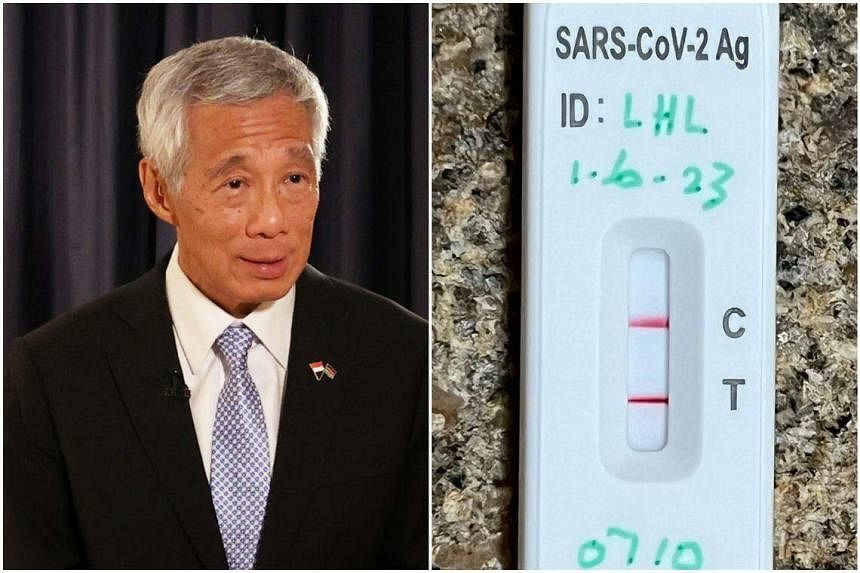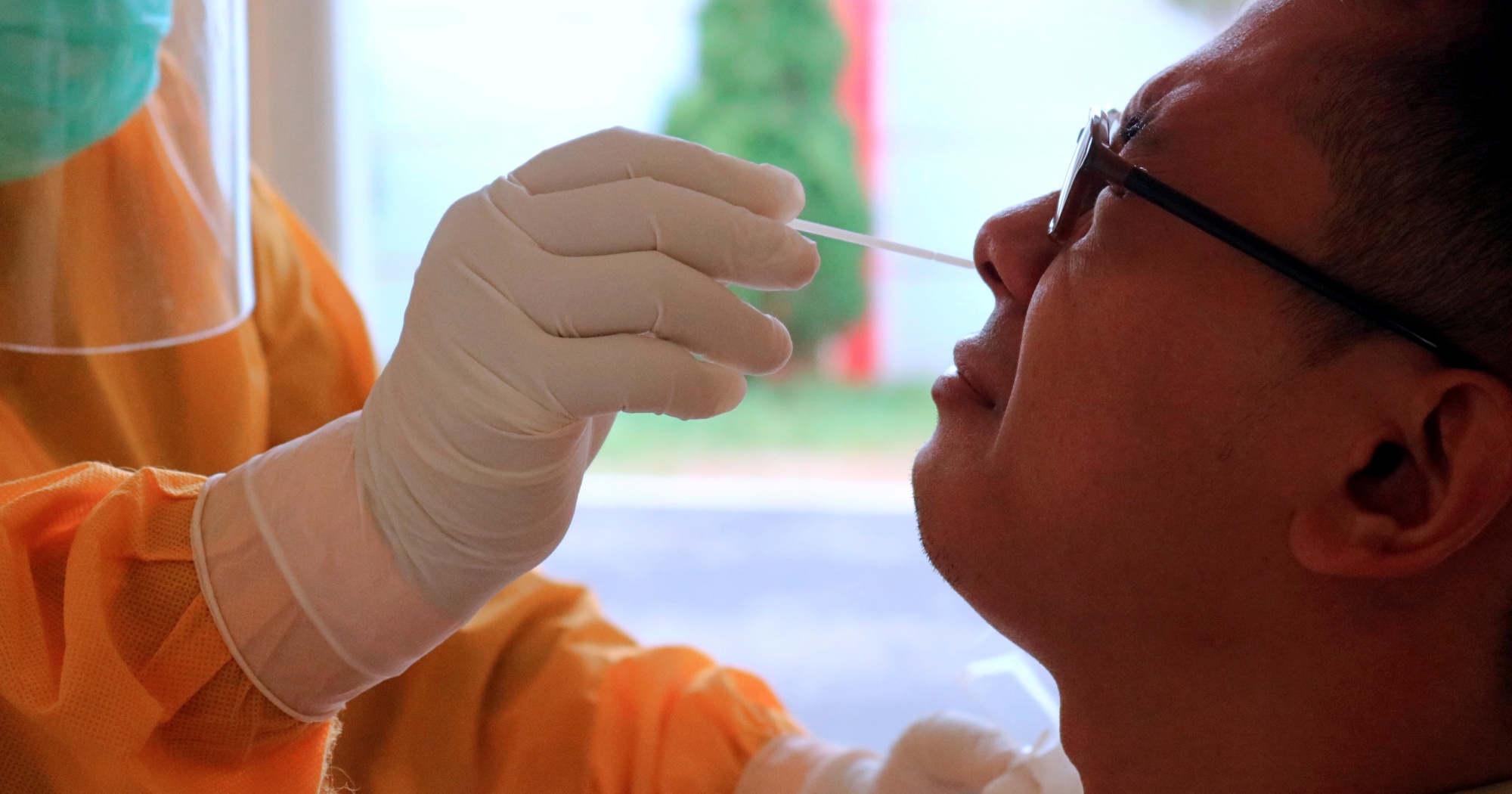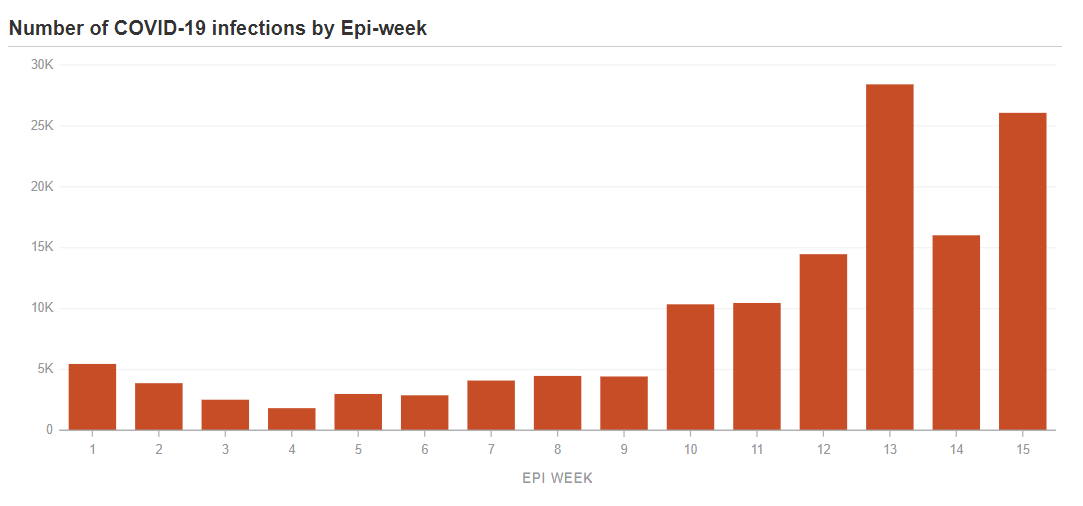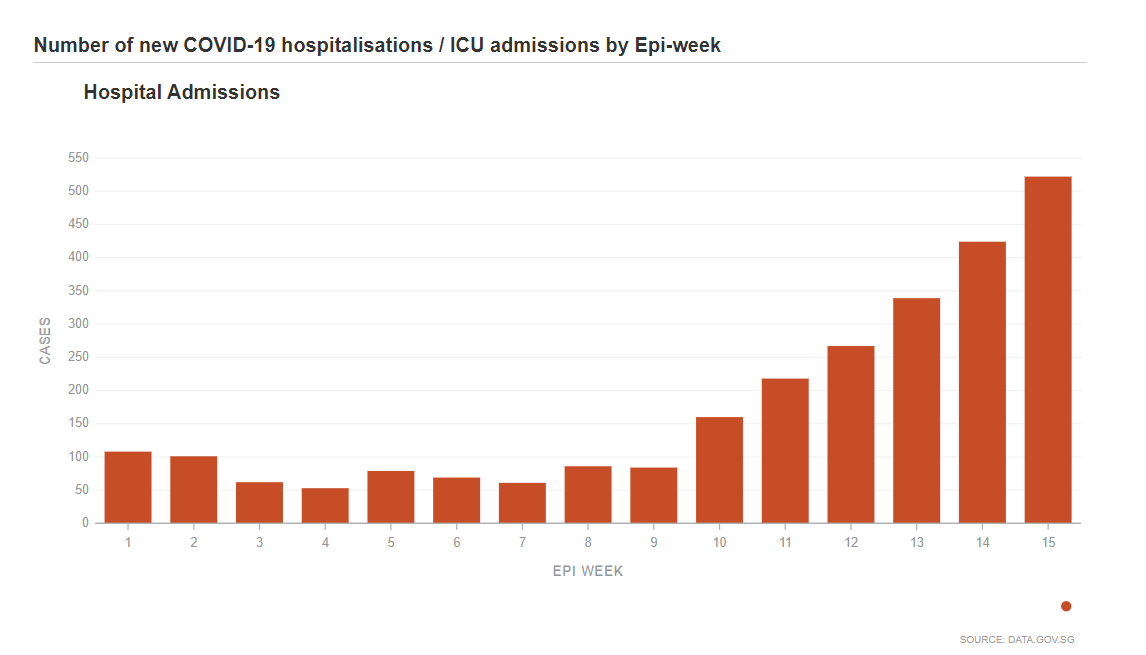Singapore’s Prime Minister, Mr. Lee Hsien Loong, has again tested positive for Covid-19, a few days following his initial recovery from the virus. In a Facebook post on Thursday morning, he stated that he feels well and has been advised by his doctors to self-isolate until he tests negative on an antigen rapid test.

PM Lee explained that his doctors attribute his situation to a post-Covid rebound, a phenomenon that occurs in 5 to 10 percent of cases. He added that while he remains infectious, the risk is not as high compared to the initial infection.
PM Lee expressed his disappointment in having to miss the consecration ceremony of Sri Thendayuthapani Temple on Thursday morning, a decision made to ensure the safety of those around him. He expressed his regrets to the event organizers and attendees, wishing them a successful consecration and celebration.
Mr. Lee, 71, first tested positive for Covid-19 on May 22. His doctors advised him to self-isolate until he was symptom-free and prescribed the antiviral medication Paxlovid due to his age.
During PM Lee’s absence, Deputy Prime Minister Lawrence Wong will serve as Acting Prime Minister, as announced in a statement from the Prime Minister’s Office on Thursday. Mr. Wong will host the 8th Singapore-Australia Annual Leaders’ Meeting on Friday.
A 2022 Reuters report cited a study by US government researchers suggesting that a rebound of Covid-19 symptoms in some patients who took Paxlovid might be related to a robust immune system rather than a weak one. The patients in the study who experienced a rebound in symptoms had higher levels of antibodies, and none of them required additional treatment or hospitalization.




